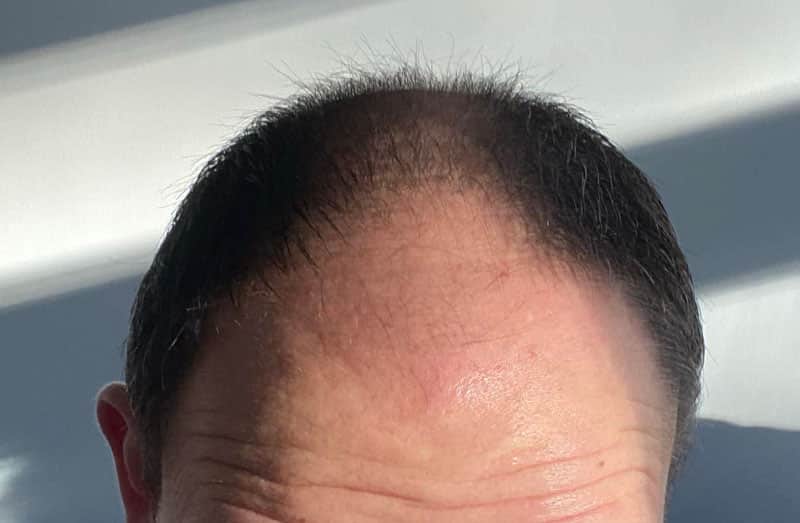Proven Tips To Prevent A Receding Hairline
Discover expert insights and cutting-edge solutions for lasting results that are proven to prevent a receding hairline.
Stop Hair Loss in Its Tracks
A receding hairline can be a stressful experience, but early intervention and expert care can make all the difference. At Best Hair Transplant, we’re dedicated to helping you maintain a full, healthy head of hair with personalized solutions and proven techniques.
What Causes a Receding Hairline?
A receding hairline doesn’t happen overnight; it often results from a combination of factors working against your hair’s natural growth cycle. From the role of genetics to the impact of daily habits, understanding the root causes can empower you to make informed decisions. This section breaks down the key triggers behind hairline recession, helping you identify areas where you can take action to protect and preserve your hair.
Genetics
Hereditary factors play a significant role in male and female pattern baldness.

Hormonal Changes
DHT (dihydrotestosterone) sensitivity is a common cause of follicle shrinkage and hair loss in men.

Stress
High stress levels can trigger conditions like telogen effluvium, where hair enters a shedding phase prematurely.

Lifestyle Choices
Numerous lifestyle choices such as smoking, poor diet, and lack of exercise can negatively impact hair health.
Tips to Prevent Hair Loss and Maintain Healthy Growth

Balanced Diet
Balanced Diet
Incorporate foods rich in vitamins A, D, E, and biotin, along with omega-3 fatty acids, to nourish your scalp and hair.

Proper Hair Care
Proper Hair Care
Avoid harsh chemical treatments and opt for gentle, sulfate-free shampoos to protect your scalp.

Stress Management
Stress Management
Practice mindfulness, yoga, or other stress-reducing activities to keep hair loss triggers at bay.

Scalp Massages
Scalp Massages
Regular scalp massages with natural oils can improve circulation and stimulate hair growth.
Explore Our Recommended Products for Hair Care

When Prevention Isn’t Enough: Effective Treatment Options
A receding hairline doesn’t happen overnight; it often results from a combination of factors working against your hair’s natural growth cycle. From the role of genetics to the impact of daily habits, understanding the root causes can empower you to make informed decisions.
Ready To Start Your Journey?
Ready to take the first step toward restoring your hair? Contact us today to schedule a consultation.

